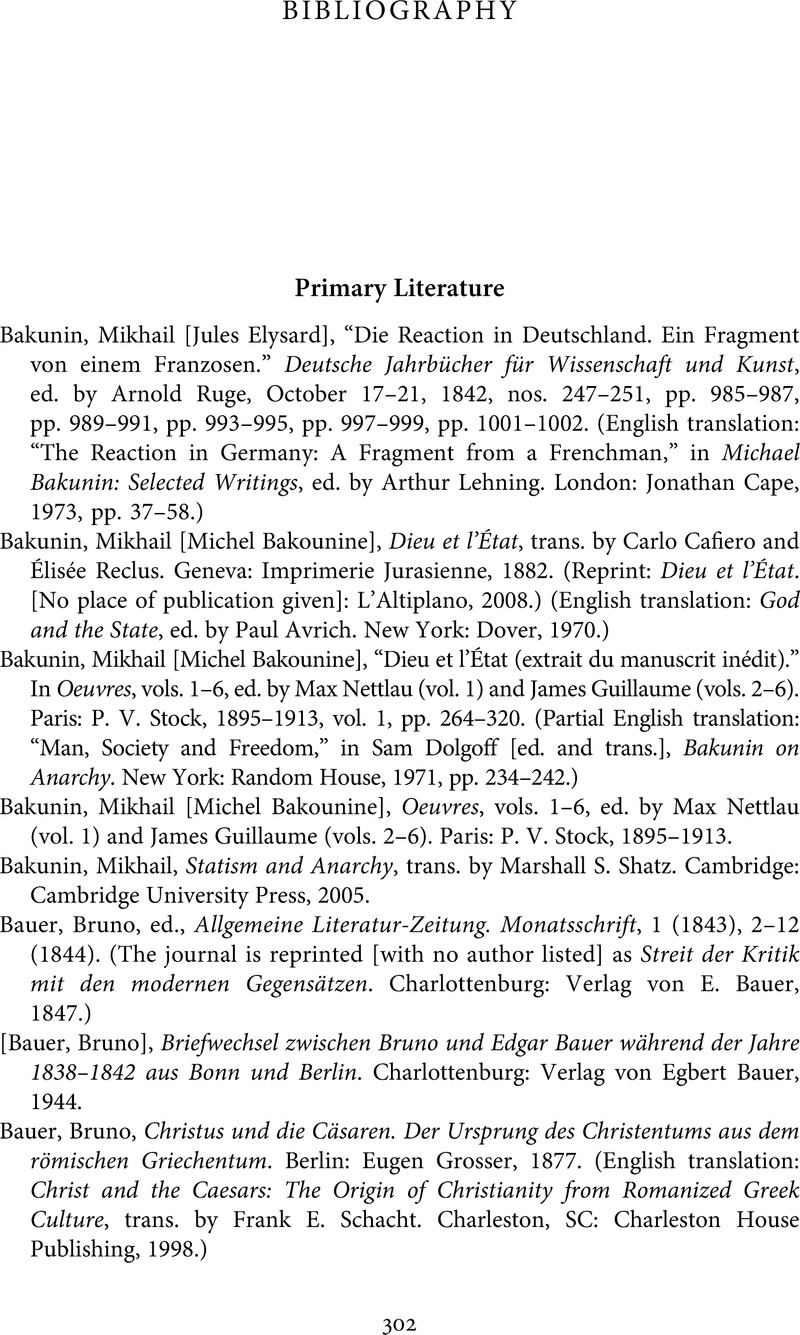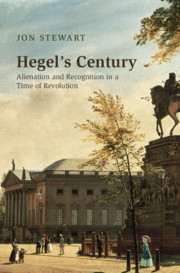Heine, Heinrich [Henri Heine], “De L’Allemagne depuis Luther.”
Revue des deux Mondes (
1834), “Première Partie,” Tome 1, 473–505; “Deuxième Partie,” Tome 4, 373–408; “Troisième Partie,” Tome 4, 633–678. (In German as
Zur Geschichte der Religion und Philosophie in Deutschland in Heine,
Der Salon, vols. 1–2. Hamburg: Hoffmann und Campe, 1834, vol. 2, pp. 1–284.) (English translation:
On the History of Religion and Philosophy in Germany and Other Writings, ed. by Terry Pinkard, trans. by Howard Pollack-Milgate. Cambridge: Cambridge University Press, 2007.)
Google Scholar 



